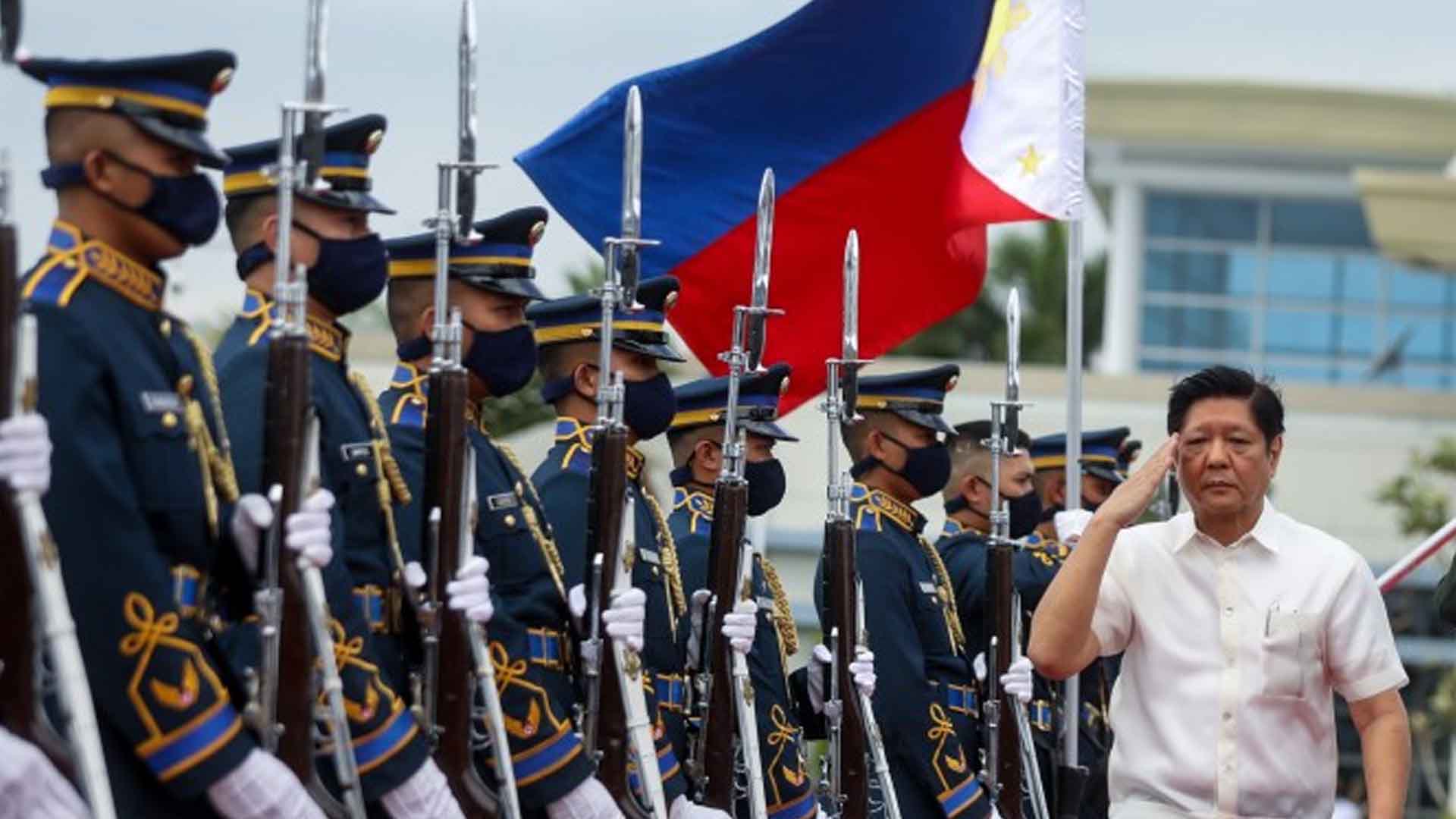President Ferdinand R. Marcos Jr. left for Japan on Wednesday for a five-day official visit to meet with Japanese Emperor Naruhito and Empress Masako as well as other top officials and to forge closer bilateral ties and lure more investments.
In his departure speech, Marcos said his trip to Japan from Feb. 8 to 12 is expected to benefit the Philippine economy through the signing of agreements that are expected to help mitigate the challenges that the country is facing.
“My bilateral visit to Japan is essential and is part of a larger foreign policy agenda to forge closer political ties, stronger defense and security cooperation, as well as lasting economic partnerships with major countries in the region amid a challenging global environment,” he said.
During his imperial audience with the emperor and empress of Japan, Marcos said he will invite them to visit the Philippines.
“I will also invite them to visit the Philippines to be welcomed by the warm hospitality of Filipinos who have endeared Japan and Japanese culture in their hearts,” he said.
He will also be meeting Prime Minister Kishida Fumio “to take stock of our bilateral relations and regional cooperation in a broad range of engagements from our security and economic relations of our two countries and our continued commitment to mutual peace and prosperity.”
Marcos said he and Kishida are expected to witness the signing and exchange of key agreements in the areas of humanitarian assistance and disaster relief infrastructure, agriculture and digital cooperation.
“Many of these [memoranda of understanding] and [memoranda of agreements] and other documents that we will be witnessing are in fact the product of our meetings in New York and also in [Asia-Pacific Economic Cooperation],” he added.
He expressed confidence that the Philippines and Japan could further expand trade in goods and services as well as in investments.
Marcos said he will also hold meetings with Japan’s business leaders to promote trade and investment opportunities in the Philippines. He will be joined by the government’s economic team and key private sector representatives.
He, likewise, expressed excitement about meeting with the Filipino community in Japan.
“I look forward to my meeting with the large Filipino diaspora in Japan who have been contributing through their hard work and positive disposition in building a better Philippines though they are far away through all the assistance that they have been giving to the Philippines for many, many years now,” he said.
Department of Foreign Affairs (DFA) Assistant Secretary for Asian and Pacific Affairs Neal Imperial earlier said the Philippines and Japan are expected to sign seven key bilateral documents during Marcos’ Japan trip.
The bilateral documents will cover cooperation in infrastructure development, defense, agriculture and information and communications technology, which are included in Marcos’ priority agenda.
Philippine Ambassador to Japan Mylene Garcia-Albano said Marcos’ trip is expected to generate PHP150 billion in investment pledges that could employ about 8,000 Filipinos.
She said several letters of intent and agreements “to significantly expand Japanese investments” in the Philippines would be signed during the visit.
Japan is the first country with which the Philippines has forged a Strategic Partnership and is among the two strategic partners of the Philippines aside from Vietnam.
It is also the only country with which the Philippines has a bilateral free trade agreement, the Philippines-Japan Economic Partnership Agreement.
In 2021, Japan was the Philippines’ second largest trading partner, third largest export market and second top source of imports.
Japan has also been the country’s biggest bilateral source of active Official Development Assistance, providing concessional loans to finance important infrastructure and capacity-building projects, social safety net programs, education, agriculture, and science and technology support, and many other high-income programs. (PNA)







